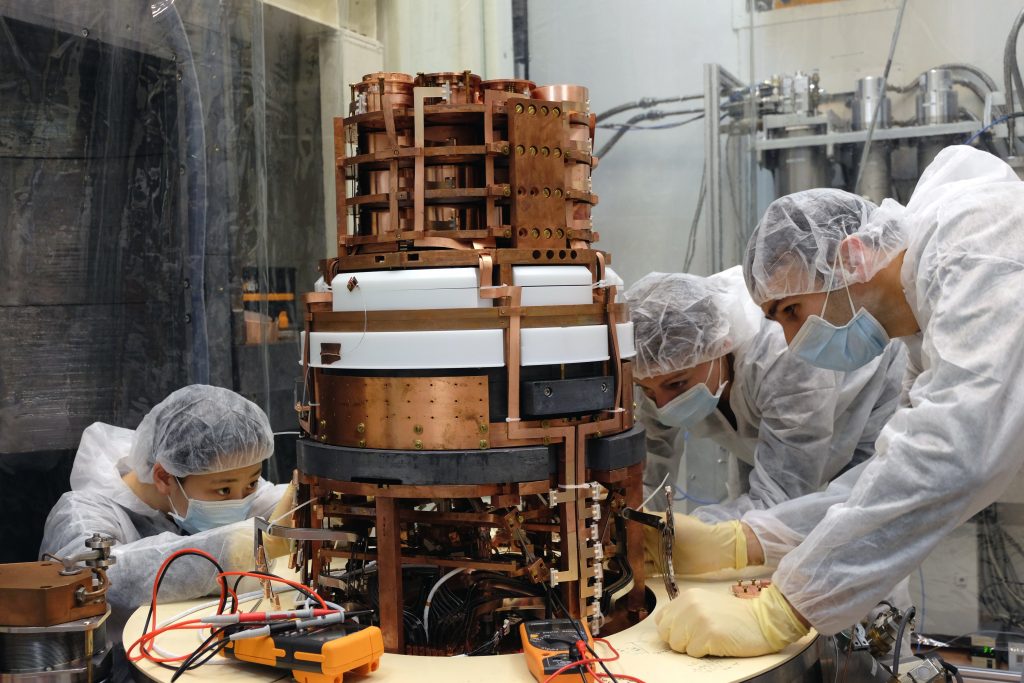Name: Laboratoire Souterrain de Modane – participation of the Czech Republic
Institute: Czech Technical University in Prague
Coordinator: Assoc. Prof Ivan Štekl; ivan.stekl@utef.cvut.cz
Website
LSM-CZ organises Czech participation in the underground LSM (Laboratoire Souterrain de Modane) laboratory located in Modane, France, and has a significant share in the construction of its new facilities and operation. LSM-CZ also includes complementary RI in Czechia, which strengthens this reciprocal international R&I cooperation. LSM is a multidisciplinary platform for fundamental experiments requiring an extremely ultra-low radioactive background in many areas, such as particle, astroparticle and nuclear physics, biology and medicine. Examples of specialised scientific areas, in which unique technologies developed in LSM are being applied, includes the sensitive detection of radionuclides for safety and health protection, the ultra-sensitive monitoring of nuclear power plant discharges for the hidden leakage of radionuclides, microelectronics in the testing of chips for computer safety from the point of view of damage caused by radioactivity, radiobiology in the investigation of DNA and cells under conditions of extremely low levels of ionizing radiation, geoscience by geo‑neutrinos, archaeology in radionuclides dating and climatology to understand climate changes. LSM provides users with unique technologies with significant application potential for industry, including an environment with ultra-low background conditions with the suppression of all types of radioactivity, clean rooms with highly reduced radon concentration, a filtration anti-radon facility suppressing the content of radon by a factor 10000 and ultra-low background HPGe spectroscopy for the detection of radioactivity in the environment. LSM also offers conditions for selecting radio-pure materials and studying ultra-rare nuclear processes, automatic systems for HPGe detectors, an advanced radon emanation screening facility, improved innovative detector technologies for low background conditions, cooling and gas mixture systems for installed experiments, and computer and safety systems. Such conditions or sensitive technologies are impossible to reach outside of the deep underground laboratories.
The auxiliary RI in the Czech Republic has a similar structure to LSM, a shielded whole-body counter and HPGe detectors, including an automatic system for samples changing, a spectrometric laboratory for the detection of alpha particles, a radon test chamber, an anti-radon test device, a test clean room, sensitive radon detectors, equipment for measuring emanation and diffusion of radon, a specialized radiobiological laboratory, a calibration laboratory and an electronic laboratory. Research conducted at LSM may have significant application potential in the future for the long-term storage of biological materials to reduce radiation damage by cosmic rays. LSM is involved in international collaboration with other deep underground laboratories in the United Kingdom (Boulby Underground Laboratory), Spain (Canfranc Underground Laboratory), Italy (Laboratori Nazionali del Gran Sasso), the People´s Republic of China (Jinping Underground Laboratory) and Canada (SNOLAB). Within the EU, the establishment of a distributed platform for deep underground research laboratories and its transformation in an ERIC is under preparation.
